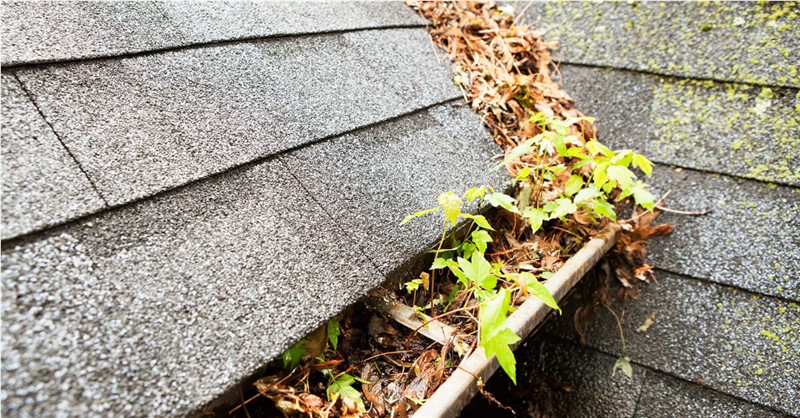A big storm just blew through, and now that the dust has settled, you notice that you have some missing shingles on your roof, which leads you to believe there’s probably more extensive storm damage that you can’t see. If you think that you have storm damage to your roof, it’s always a good idea to call a roofing professional. Most companies will offer a free inspection to help you determine if there’s enough damage to make an insurance claim. Once the damage has been confirmed, you’ll want to speak with your insurance provider about making a claim and determining your coverage. There are two types of homeowner’s policies, and which one you have will greatly impact your coverage level.

When you signed up for your homeowner’s insurance policy, you signed up for either an ACV or RCV policy.
Depreciation
Depreciation often seems like a buzzword, but it’s a significant consideration when it comes to your homeowner’s policy. It is a reduction in the value of an asset over time, due in particular to wear and tear. Depreciation is why your brand new vehicle can lose thousands of dollars worth of value the very second your drive it off the lot.
Replacement Cost Value (RCV)
Replacement Cost Balue is the market value of the roof. This means that the insurance will pay out the full price of what it will cost to replace the roof in today’s market, including the depreciation value.
Actual Cost Value (ACV)
The actual cost value is the RCV of the roof minus the depreciation. The ACV takes into account the wear and tear on all materials that make up your roof from the time it was installed, so the older your roof is, the lower your ACV will most likely be.
Generally, when an insurance provider approves a roof replacement, they will pay out the ACV right away so work can begin. If you have an RCV policy, the depreciation of the roof will be paid out once the roof is completed. This means that if you only have an ACV policy, you’ll be on the hook for paying the depreciation out of pocket. This can be an extremely unpleasant surprise if you weren’t aware of the type of policy you have, which is why it’s so important to have those initial conversations with your insurance provider.
Subscribe to Horizon Restoration's Blog




Comments